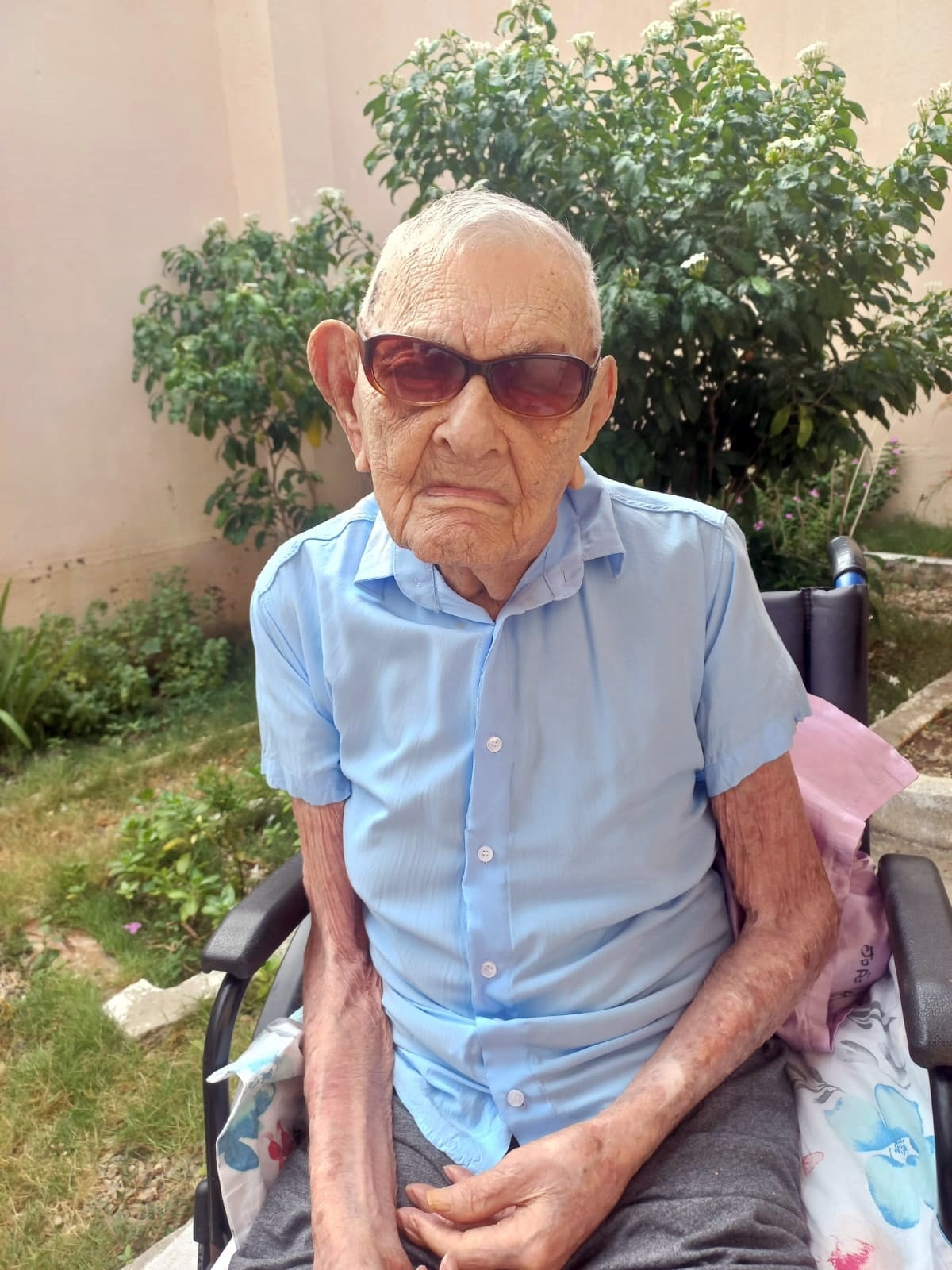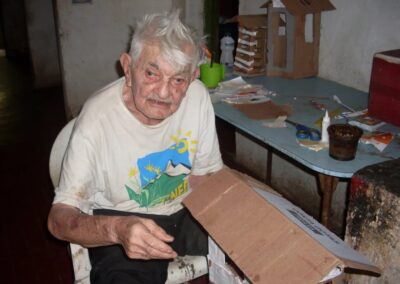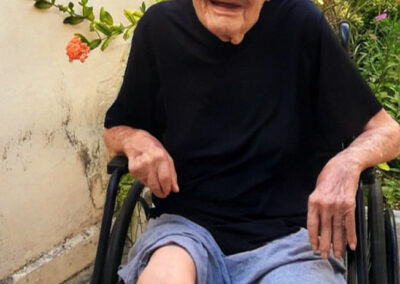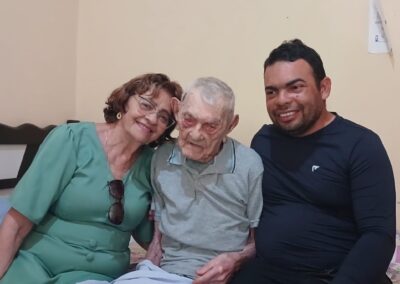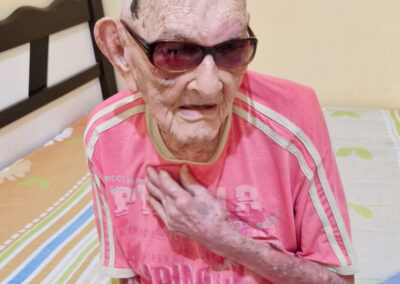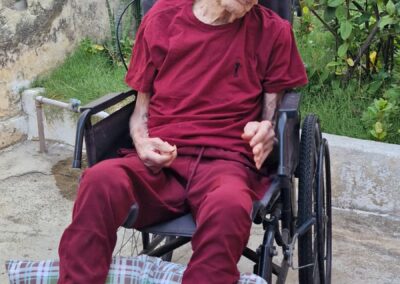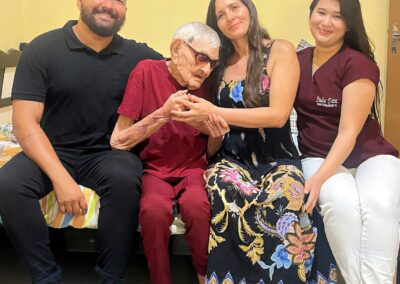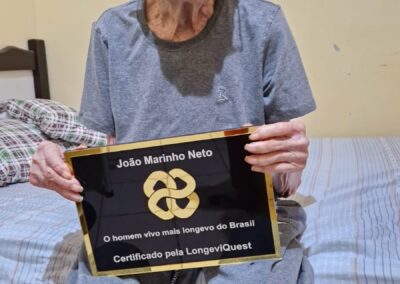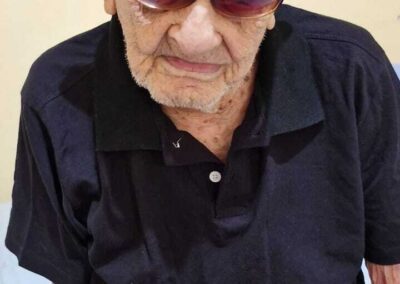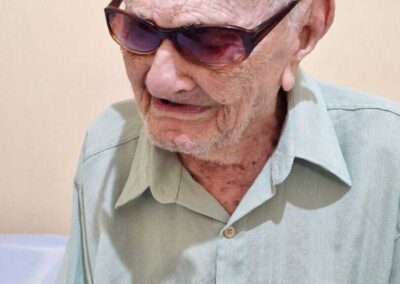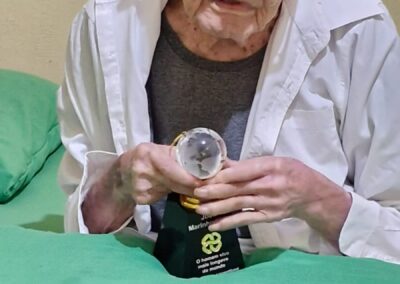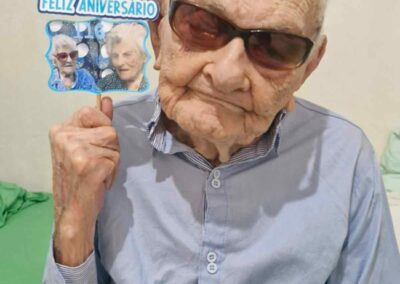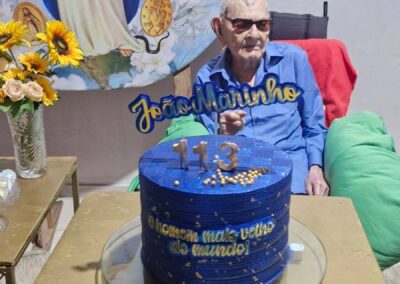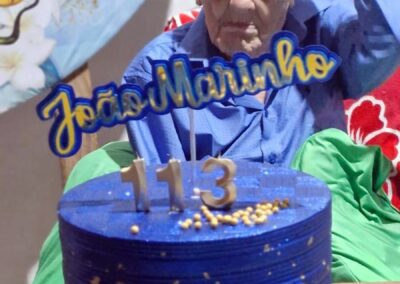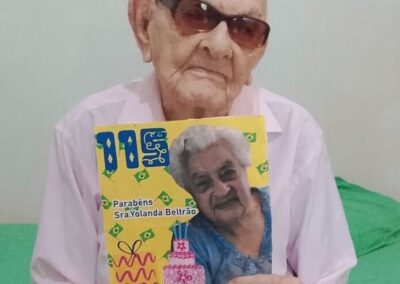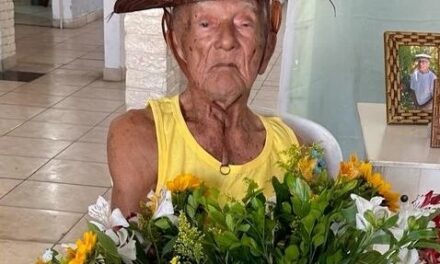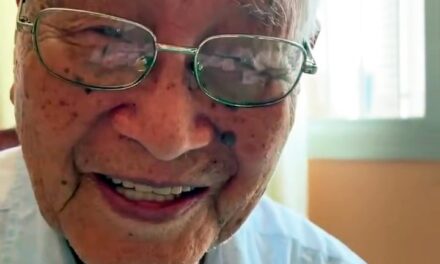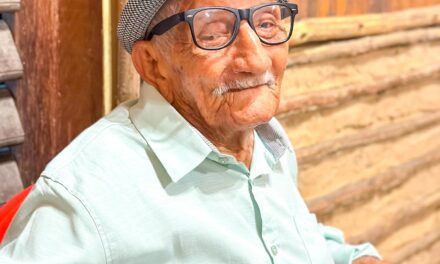João Marinho Neto is a Brazilian supercentenarian whose age has been validated by LongeviQuest. He is currently the world’s oldest known living man.
BIOGRAPHY
João Marinho Neto was born in Maranguape, Ceará, Brazil on 5 October 1912, into a family of farmers. During his childhood, his parents moved the family to a rural area of Apuiarés. From the age of about four, João was already enjoying helping his father and his employee in the fields. Along with taking care of the cattle, they would harvest fruit from Juazeiro trees, by creating a makeshift hook from the branches to protect the fruit. He experienced hardship on several occasions, as he had to survive through severe droughts that struck the region throughout the decades.
Marinho Neto married Josefa Albano dos Santos (1920–1994), with whom he had four children: Antônio, José, Fátima, and Vanda (deceased). His wife had inherited property at Fazenda Massapê, where João cultivated the land with corn and beans. He also raised cattle, goats, pigs, and chickens. Later in his life, João had three more children—Vinícius, Jarbas, and Conceição—with Antonia Rodrigues Moura. Through hard work, João built a financially stable life, accruing assets such as land and houses.
When asked about the secret to his longevity, he attributed it to being surrounded by good people, avoiding too much solitude, and having his children close to share love and connection.
On 14 August 2025, he gave a celebratory greetings to Ethel Caterham, for her upcoming 116th birthday.
On 5 October 2025, he turned 113 years old, while his 113th birthday celebration took place on 9 October 2025. Video report
As of October 2025, João resides in the city of Apuiarés. His descendants include six living children, 22 grandchildren, 15 great-grandchildren, and three great-great-grandchildren.
RECOGNITION
On 2 April 2024, following the passing of 114-year-old Juan Vicente Pérez Mora of Venezuela, he became the oldest (known) living man in Latin America, at the age of 111 years, 180 days.
His age was verified by Gabriel Ainsworth and Iara Souza with assistance with his family, and validated by LongeviQuest on 26 October 2024.
On 25 November 2024, following the passing of 112-year-old John Tinniswood, he became the world’s oldest living man, at the age of 112 years, 51 days, and was subsequently recognized by Guinness World Records.
On 12 December 2024, he was presented a commemorative LongeviQuest plaque, in recognition of his status.
On 16 May 2025, he received the LongeviQuest World’s Oldest Man Trophy, in recognition of his remarkable longevity.
ATTRIBUTION
GALLERY
Related Profiles
[crp limit=’4′ ]

